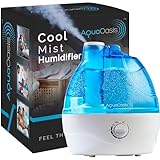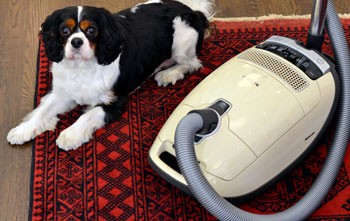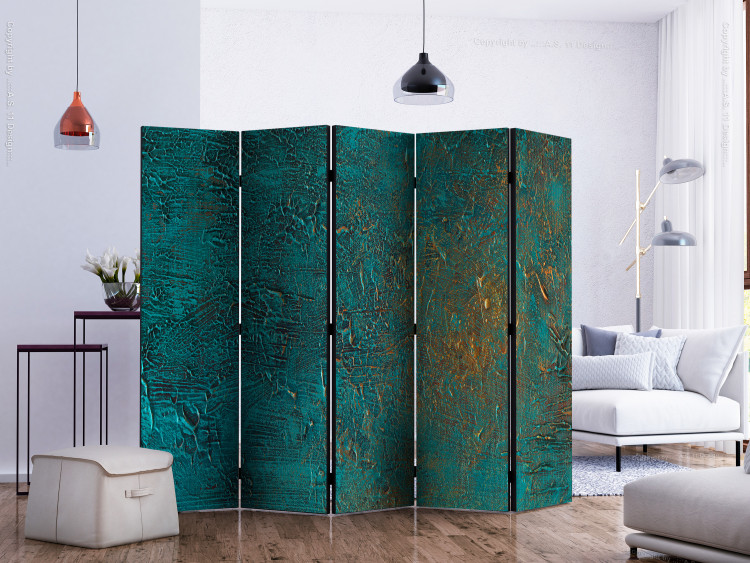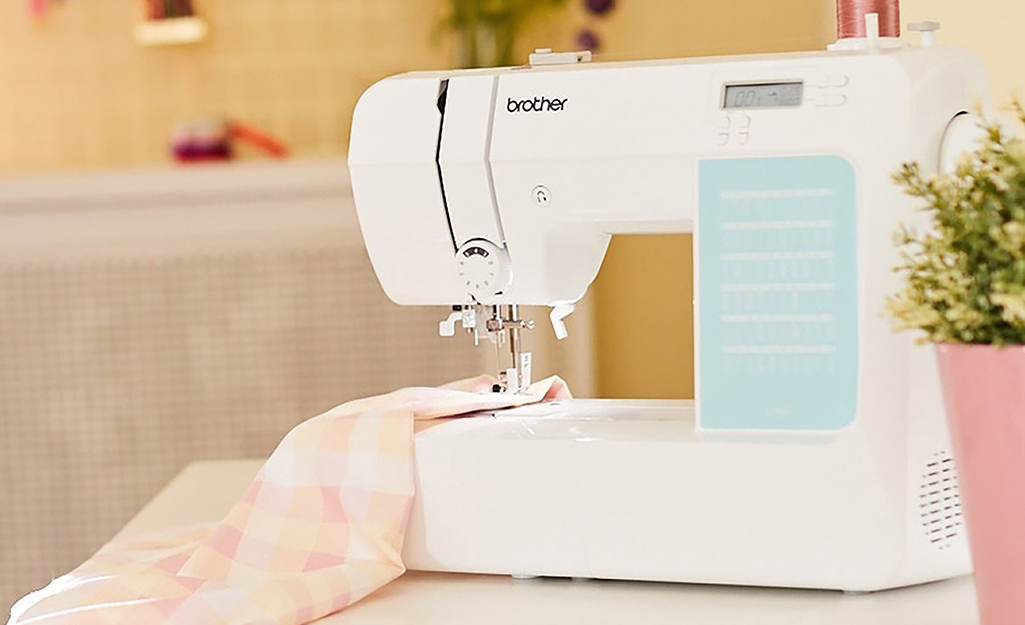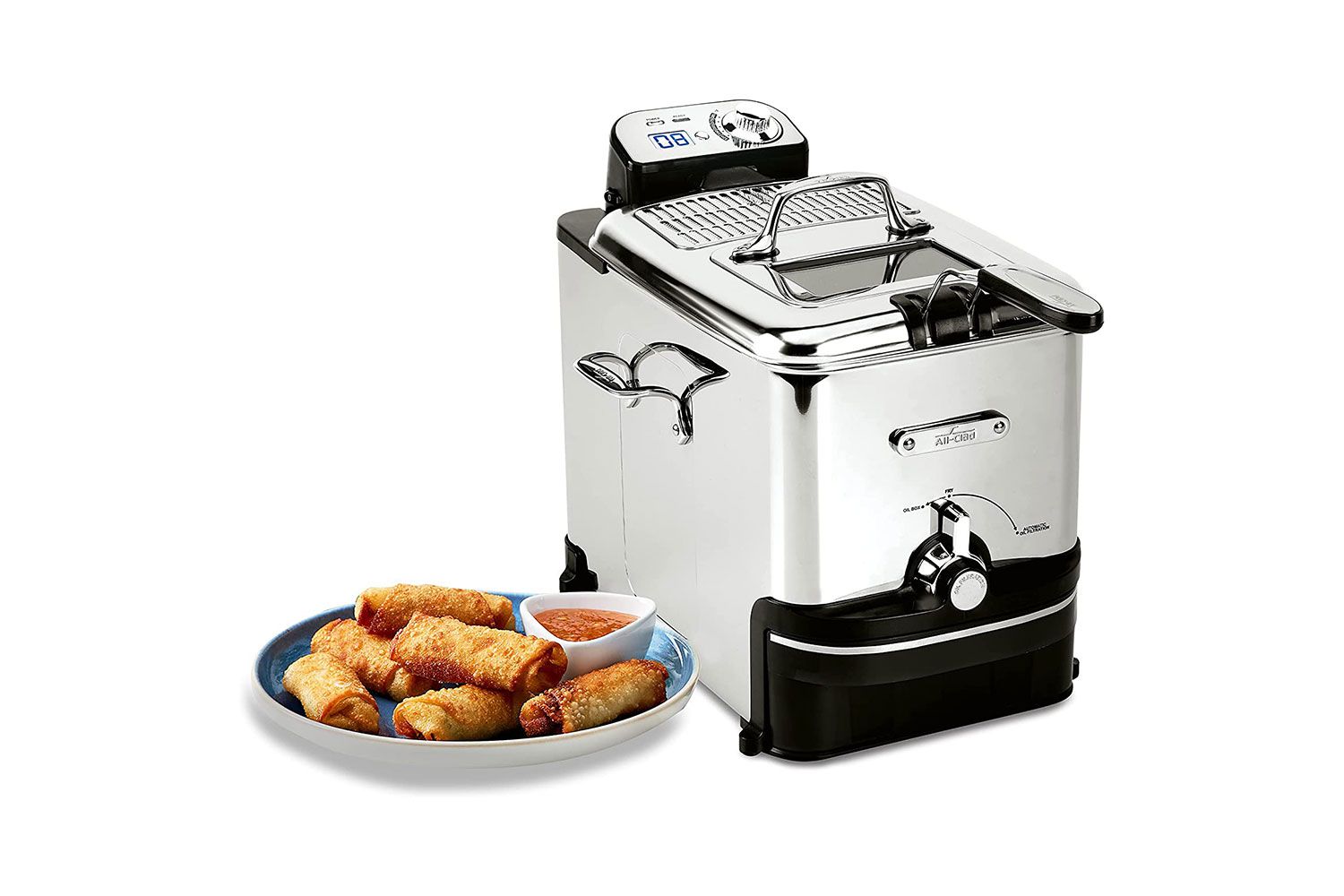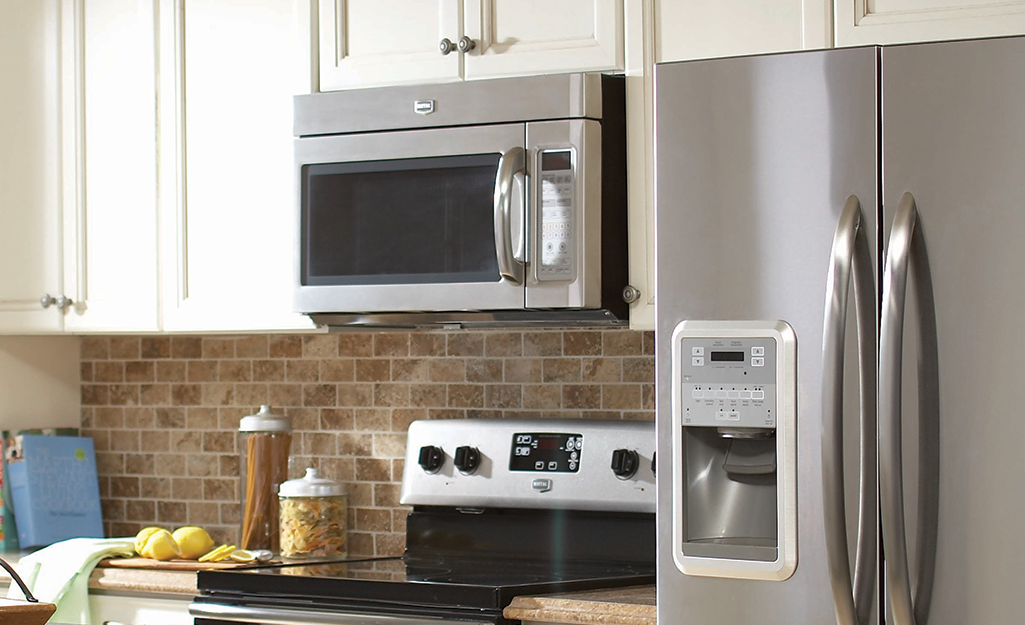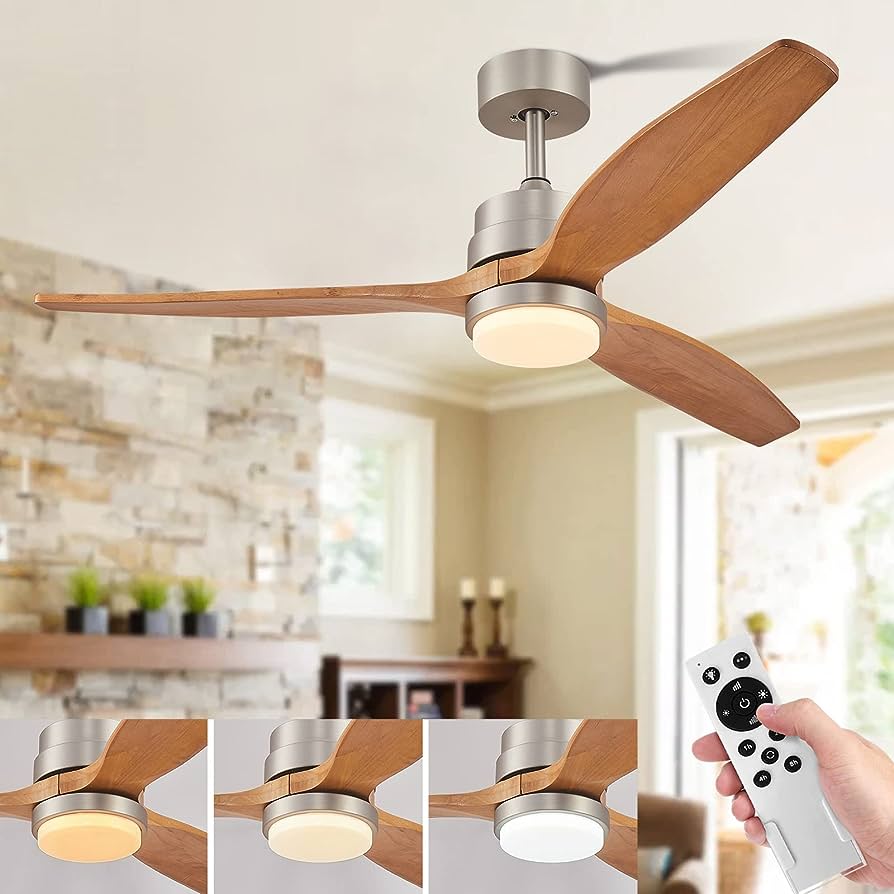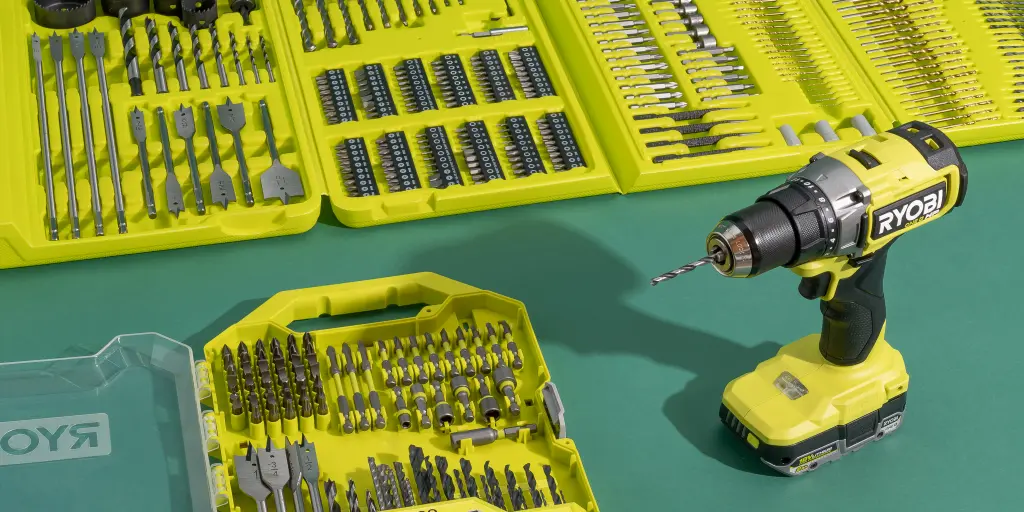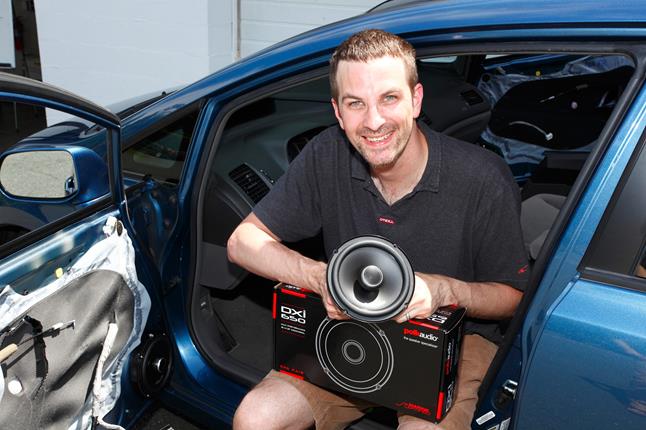1. Introduction
Welcome to our guide on how to choose a humidifier for your home! If you’ve ever experienced dry skin, irritated nasal passages, or static shocks during the colder months, you may have thought about investing in a humidifier. But with so many options available on the market, it can be overwhelming to know which one is right for you. That’s why we’ve put together this comprehensive article to help you navigate through the different types, features, and considerations when selecting a humidifier.
- 𝙁𝙖𝙨𝙩 𝙃𝙪𝙢𝙞𝙙𝙞𝙛𝙞𝙘𝙖𝙩𝙞𝙤𝙣 𝘼𝙡𝙡 𝙉𝙞𝙜𝙝𝙩: Runs for up to 25 hours on low thanks to...
- 𝙀𝙖𝙨𝙮 𝙏𝙤𝙥-𝙁𝙞𝙡𝙡 𝘿𝙚𝙨𝙞𝙜𝙣: LEVOIT listened to feedback from humidifier customers and upgraded to a easy...
- 𝙄𝙈𝙈𝙀𝘿𝙄𝘼𝙏𝙀 𝘿𝙍𝙔 𝘼𝙄𝙍 𝙍𝙀𝙇𝙄𝙀𝙁! Want to eliminate the suffering from the terrible effects of...
- 𝙊𝙋𝙀𝙍𝘼𝙏𝙀𝙎 𝙄𝙉 𝙏𝙊𝙏𝘼𝙇 𝙎𝙄𝙇𝙀𝙉𝘾𝙀 – 𝙎𝙇𝙀𝙀𝙋 𝙇𝙄𝙆𝙀 𝘼...
- 【Extended Moisture】: Our cylindrical humidifier boasts a 6.5L tank capacity, ensuring continuous operation for up to 55 hours per refill. It also...
- 【Convenient Control & Quiet】: Easily adjust settings. The humidifier prompts automatic shutdown when water levels are low, ensuring quiet and auto...
- [3-in-1 Humidifier Meets All You Expect] Cool Mist Humidifier+Aromatherapy+Mood Light, purchase for once to satisfy all you expect! Let Homvana H101...
- [Unique SilentSpray, Undisturbed Sleep] The humidifier applies the display-off sleep mode and the exclusive SilentSpray tech to ensure noise less than...
- 𝗣𝗿𝗲𝗰𝗶𝘀𝗲 𝗖𝗼𝗻𝘁𝗿𝗼𝗹, 𝗘𝗳𝗳𝗼𝗿𝘁𝗹𝗲𝘀𝘀 𝗖𝗼𝗻𝘃𝗲𝗻𝗶𝗲𝗻𝗰𝗲: Dreo...
- 𝗡𝗲𝘅𝘁-𝗚𝗲𝗻 𝗛𝘂𝗺𝗶𝗱𝗶𝗳𝗶𝗰𝗮𝘁𝗶𝗼𝗻 𝗣𝗲𝗿𝗳𝗼𝗿𝗺𝗮𝗻𝗰𝗲: Powered by Dreo's...
- Breathe Better, Live Better - Maintain ideal humidity levels in your home (40-60%) with Vicks warm mist humidifier and keep your throat and nasal...
- Portable, Easy to Use and Clean - With a top fill, 1 gallon tank providing 24 hours of use in a small or large room up to 600 sq. ft, an auto shut-off...
- Intelligent Constant Humidity: A built-in sensor automatically adjusts the humidification according to the target to keep the humidity in a...
- Smart Voice Control: Silently control your smart humidifier anytime and anywhere on the GoveeHome App to avoid disturbing your baby. Compatible with...
- IDEAL HUMIDIFIER FOR BEDROOM: Single refill of water that lasts overnight. This cool mist humidifier with 2.0L(0.53gal) capacity can quietly run for...
- FAST AND POWERFUL RELIEF: This cool mist humidifier is made with 200ml/h powerful output, helping you quick relief in minutes! No more troubles with...
- 𝗟𝗔𝗥𝗚𝗘 𝟯𝗟 𝗪𝗔𝗧𝗘𝗥 𝗧𝗔𝗡𝗞: Still be bothered by congestion, coughing, or dry mouth when sleeping? With a 25W...
- 𝗘𝗔𝗦𝗬 𝗧𝗢𝗣-𝗙𝗜𝗟𝗟 𝗗𝗘𝗦𝗜𝗚𝗡: With Levoit's upgraded Top-Fill design, there's no need to turn over the...
- 💕Reliable💕Antileakage design with a flat water tank and sepearted from the electric part of the devices makes this unit virtually impossible to...
- 💞Mega Joy💞 7-Color Lights & Essential Oil Diffuser for Nursery, bedroom, home or office. The soothing colored lights and fragrant essential oil...
As an Amazon Associate I earn from qualifying purchases. Learn More
2. Understanding Humidifiers
2.1 Definition of a Humidifier
Before we dive into the factors to consider when choosing a humidifier, let’s first establish what exactly a humidifier is. Simply put, a humidifier is a device that increases moisture levels in the air within a specific area, such as a room or an entire house. By releasing water vapor into the environment, humidifiers help combat dryness, especially during dry seasons or in regions with low humidity.
2.2 Importance of Maintaining Optimal Humidity
Now that we know what a humidifier does, let’s understand why maintaining optimal humidity levels in your home is crucial. Humans thrive when the surrounding air contains a certain amount of moisture, generally between 30% to 50% relative humidity. When the air becomes too dry, it can have detrimental effects on our health and well-being.
Dry air can cause various problems, such as aggravated allergy symptoms, dry skin, irritated throat and nasal passages, increased susceptibility to respiratory infections, and even damage to wooden furniture or musical instruments. Additionally, low humidity can make the air feel colder, forcing us to increase heating, which leads to higher energy bills.
By using a humidifier to add moisture to the air, you can alleviate these issues and create a more comfortable living environment. Humidifiers are particularly beneficial during the winter months when heating systems dry out the air, or in arid climates where natural humidity is consistently low.
Now that we understand the importance of maintaining optimal humidity levels and the role a humidifier plays, let’s explore the different types of humidifiers available and their features to help you make an informed decision.
4. Applications
4.1. Home Offices
Are you someone who spends a significant amount of time working from home? If so, a humidifier could be an excellent addition to your office space. Dry air can lead to discomfort, causing itchy skin, irritated eyes, and even difficulty concentrating. By incorporating a humidifier into your home office, you can create a more comfortable environment that promotes productivity. You’ll be amazed at how much better you feel and how much more focused you become when the air around you has the perfect level of moisture.
4.2. Nurseries and Children’s Rooms
We all want the best for our little ones, and ensuring they breathe clean and healthy air is a top priority. A humidifier in nurseries and children’s rooms can not only alleviate congestion and dry skin, but it can also help prevent respiratory issues in babies and children. The gentle mist produced by a humidifier creates a soothing ambiance similar to the air near a waterfall. It transforms their room into a sanctuary, providing them with a peaceful and restful sleep.
4.3. Bedrooms
Imagine drifting off to sleep in a room filled with the calm and gentle mist of a humidifier. Besides the relaxation it offers, a humidifier can provide numerous benefits for your bedroom. By adding moisture to the air, it helps relieve snoring, soothes dry throats, and reduces allergies caused by dust mites and airborne particles. Additionally, if you suffer from dry skin or frequently wake up with a dry mouth and eyes, a humidifier can be a game-changer. Say goodbye to those restless nights and wake up feeling refreshed and rejuvenated.
5. Benefits
5.1. Improved Respiratory Health
One of the most significant benefits of using a humidifier at home is the positive impact it has on respiratory health. Dry air can irritate the respiratory system, leading to dry coughs, sore throats, and even exacerbating conditions like asthma and allergies. By adding moisture to the air, a humidifier helps to keep your airways hydrated and can relieve these uncomfortable symptoms. Breathing in moist air can also help loosen congestion and make it easier for you to breathe, especially during the dry winter months or in arid climates.
5.2. Enhanced Skin and Hair Health
Do you often find that your skin feels dry and itchy, or that your hair becomes frizzy and brittle? These are common issues caused by low humidity levels in the air. Thankfully, a humidifier can come to the rescue! By increasing the moisture in the air, it helps to hydrate your skin and hair, improving their overall health and appearance. Say goodbye to dry, flaky skin and hello to a radiant complexion. Additionally, by keeping the air moisturized, a humidifier can reduce static in your hair, leaving it smooth and manageable.
5.3. Protection for Furniture and Wooden Floors
Did you know that low humidity levels can damage your furniture and wooden flooring? Dry air can cause wood to warp, crack, and shrink over time, leading to expensive repairs or replacements. By maintaining a consistent level of humidity with a humidifier, you can prevent these issues and preserve the beauty and lifespan of your furniture and flooring. It’s like giving them a shield against the ravages of dry air, ensuring they remain in pristine condition for years to come.
6. Choosing the Right Humidifier
6.1. Consider the Size of Your Space
Before purchasing a humidifier, it’s essential to consider the size of the room you intend to use it in. Different humidifiers have different coverage areas, and choosing the right size for your space ensures optimal performance. Generally, smaller humidifiers are suitable for bedrooms, nurseries, and small offices, while larger ones are better for more expansive areas such as living rooms or open-concept spaces. Take the time to measure your room and check the humidifier’s coverage area before making a decision.
6.2. Types of Humidifiers
Humidifiers come in various types, each with its own set of pros and cons. Consider your specific needs and preferences when choosing the type of humidifier. Some options include:
– Ultrasonic Humidifiers: These use high-frequency sound waves to produce a fine mist and are generally quiet and energy-efficient.
– Evaporative Humidifiers: These operate by blowing air over a wet wick or filter, which evaporates water and increases humidity levels.
– Warm Mist Humidifiers: These heat water to create steam, which is then released into the air. They can provide soothing relief for congestion but may consume more energy.
6.3. Maintenance and Cleaning
To ensure optimal performance and longevity of your humidifier, it’s crucial to consider its maintenance requirements. Look for models that are easy to clean and have removable parts that can be washed thoroughly. Regular cleaning prevents the buildup of mold, bacteria, and mineral deposits that could potentially be released into the air. Additionally, some models have filters that need to be replaced periodically, so factor in the cost and availability of replacement filters when making your decision.
7. Counterpoints
7.1 The Cost Factor
While a humidifier can greatly improve the quality of the air in your home, it’s important to consider the upfront and ongoing costs associated with it. Some humidifiers can be expensive to purchase, especially those with advanced features. Additionally, keep in mind that you will need to regularly replace filters or cartridges to ensure proper functioning. This ongoing cost should be factored into your decision-making process.
7.2 Maintenance and Cleaning
Another aspect to consider is the maintenance and cleaning required for your chosen humidifier. Some models require more frequent cleaning and maintenance than others. It’s crucial to follow the manufacturer’s instructions to prevent the growth of mold or bacteria in the unit. Neglecting maintenance can lead to reduced efficiency and potential health hazards.
8. Alternatives to Humidifiers
8.1 Natural Remedies
If you’re not keen on investing in a humidifier or looking for alternative ways to increase humidity in your home, there are natural remedies you can try. Placing bowls of water near radiators, using a drying rack for your laundry, or even placing plants that release moisture can all aid in raising humidity levels. While these methods may not be as effective as a dedicated humidifier, they can provide some relief in dry environments.
8.2 HVAC Systems
If you already have a heating, ventilation, and air conditioning (HVAC) system installed in your home, you may not need a standalone humidifier. Many HVAC systems have built-in humidifiers that can regulate the humidity levels throughout your home. Consult with an HVAC professional to see if your existing system can meet your humidification needs.
9. Conclusion
Humidifiers play a vital role in maintaining a comfortable and healthy living environment. By choosing the right humidifier for your home, you can alleviate dryness, ease respiratory issues, and protect your furniture and indoor plants. Consider factors such as room size, desired features, maintenance requirements, and cost when making your decision.
Remember, a humidifier is an investment in your well-being, so it’s important to choose one that suits your needs and preferences. Whether you opt for a cool mist or warm mist humidifier, both can significantly improve the air quality in your home. So go ahead, make an informed decision, and transform your living space into a soothing oasis. Breathe easier, sleep better, and enjoy a healthier lifestyle. You deserve it!
Frequently Asked Questions
1. What factors should I consider when choosing a humidifier for my home?
Choosing the right humidifier for your home involves considering a few factors such as the size of your room, the humidifier type (cool mist or warm mist), maintenance requirements, noise levels, and the presence of any health concerns like allergies or asthma.
2. Is a warm mist or cool mist humidifier better for my home?
Both warm mist and cool mist humidifiers can effectively add moisture to the air, but each has its own advantages. Warm mist humidifiers tend to be quieter and can help relieve congestion, while cool mist humidifiers are generally safer to use around children and pets and can help cool down a room during hot weather.
3. How often does a humidifier need to be cleaned?
It’s important to clean your humidifier regularly to prevent the buildup of bacteria, mold, and mineral deposits. For most models, cleaning once a week is recommended. However, always refer to the manufacturer’s instructions for specific cleaning guidelines to ensure proper maintenance.
4. Can a humidifier help with dry skin and allergies?
Yes, a humidifier can be beneficial for dry skin and allergies. Increasing the moisture in the air can alleviate dry skin, moisturize nasal passages, and reduce symptoms of allergies by minimizing irritation caused by dryness or allergens. However, be mindful of maintaining proper humidity levels to avoid excessive moisture, which can lead to its own set of problems.
5. How do I determine the ideal humidity level for my home?
The ideal humidity level for a home is generally between 30% to 50%. However, individual preferences may vary. To measure humidity levels, you can use a hygrometer, a device specifically designed to measure moisture in the air. Adjust your humidifier’s settings accordingly to maintain a comfortable and healthy humidity level in your home.



